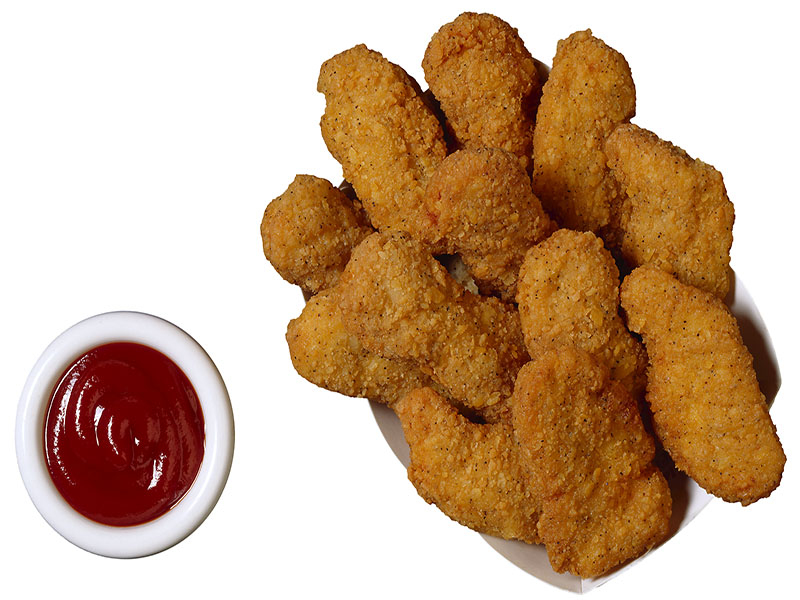
There are plenty of ways to encourage kids to eat more fruits and vegetables, the U.S. Department of Agriculture says. Here are the agency’s suggestions: Create smoothies with fat-free or low-fat yogurt with fruit pieces and crushed ice. Use fresh, frozen, canned or even overripe fruit, such as bananas, berries, peaches or pineapple. Let your… read on >




























